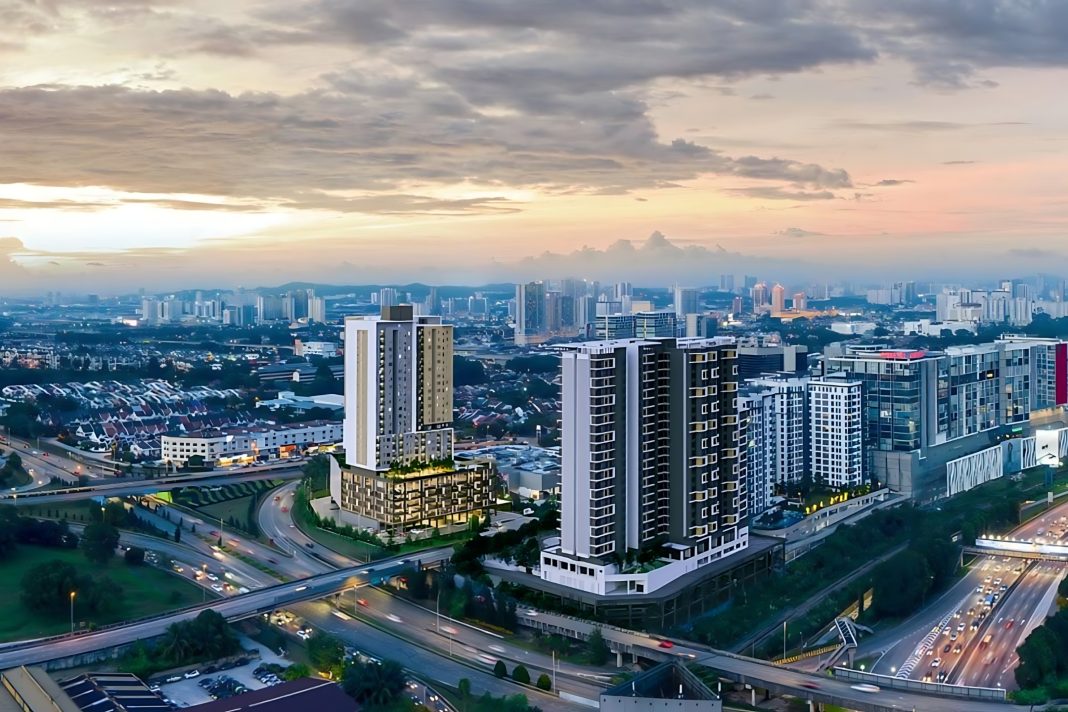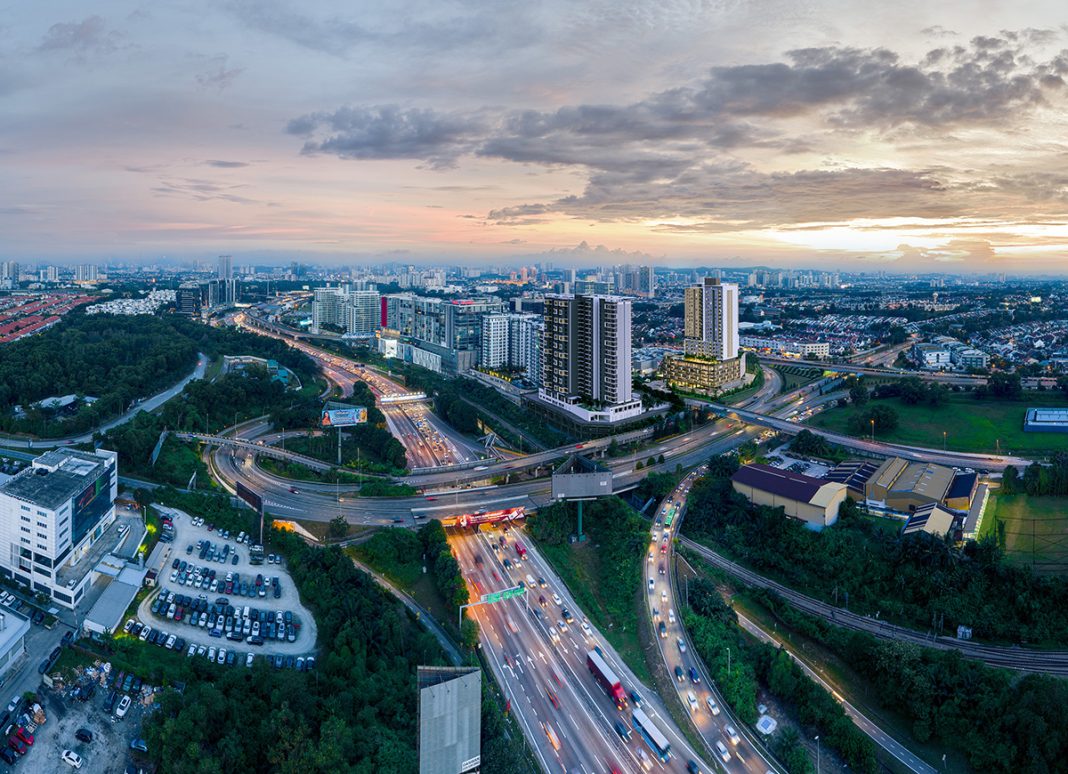Malakat Mall, a shopping complex in Cyberjaya that once garnered the nickname ‘ghost mall,’ is set to close on July 31 after four years in operation. This news was announced by the mall’s founder, Fadzil Hashim, in a Facebook post where he mentioned plans to explore a new business model, though specific details were not provided.
A Rocky Start Amidst a Pandemic
Malakat Mall faced significant challenges from the beginning. Just five days after its opening, it was forced to shut down due to the Movement Control Order (MCO) during the COVID-19 pandemic in March 2020. This abrupt closure was a major setback, especially for a new establishment looking to make its mark. The prolonged pandemic restrictions further exacerbated the situation, leading to diminished foot traffic and operational hurdles that persisted even after the pandemic subsided.
Aims and Aspirations
The mall was initially established with the noble aim of empowering Muslim entrepreneurs by providing business spaces without the requirement of contracts. This model was intended to reduce the barriers to entry for small business owners, allowing them to thrive in a supportive environment. Malakat Mall was not just a commercial venture; it was envisioned as a community hub where businesses could grow and contribute to the local economy.
Final Days and Clearance Sales
To mark the closure, Malakat Mall is offering a closing sale with discounts of up to 70% from July 20 to July 31. This sale is seen as an opportunity for the mall to clear out remaining inventory and provide customers with significant bargains. Some of the food and beverage businesses within the mall will be relocating to a nearby building, ensuring that their loyal customer base can continue to enjoy their offerings. Meanwhile, other retail units will transition online to Malakat’s official website, featuring a range of products including apparel, accessories, stationery, books, and decorations.
The ‘Ghost Mall’ Moniker
Despite its noble intentions, Malakat Mall struggled to attract a consistent flow of customers. It gained significant attention in late 2022 after a TikTok video highlighted the deserted state of the shopping complex, leading to its ‘ghost mall’ moniker. The viral video brought both national and international attention to the mall, with outlets like Business Insider and South China Morning Post covering its story.
Financial Hurdles and Investments
Fadzil and his partners invested RM40 million into redeveloping the mall. While it generated revenues of RM17 million to RM25 million in its first two years, these figures were not enough to sustain operations. The financial strain was compounded by the mall’s inability to attract non-residents of Cyberjaya. Market experts pointed out that while the mall featured well-stocked shops and a pleasant food court with natural light, it failed to draw customers from outside the immediate area. The location, about a 30-minute drive from major population centers, was a significant deterrent.
The Cyberjaya Vision
Cyberjaya, envisioned as Malaysia’s answer to Silicon Valley, was developed in 1997 under the leadership of former Prime Minister Tun Dr. Mahathir Mohamad. The city was intended to be a hub for technology and multimedia companies. However, over the years, Cyberjaya has faced numerous challenges, resulting in a landscape marked by nearly deserted spaces and a population primarily drawn by affordable rent and low-cost living.
Lessons Learned and Future Plans
The closure of Malakat Mall underscores the challenges of operating a large-scale retail space in an area still struggling to meet its original development goals. The experience offers valuable lessons about the importance of location, accessibility, and adaptability in the retail industry. As the mall prepares to shut its doors, Fadzil reassured stakeholders and members of the Islamic Consumer Development Cooperative Malaysia of his commitment to strengthening the business, indicating that new ventures and revitalization efforts are on the horizon.
A Look Ahead
While the closure of Malakat Mall marks the end of one chapter, it also opens the door for new opportunities and business models. The entrepreneurial spirit that led to the creation of the mall remains undeterred, and there is optimism that future projects will build on the lessons learned over the past four years.
Source: Adapted from NST Property



